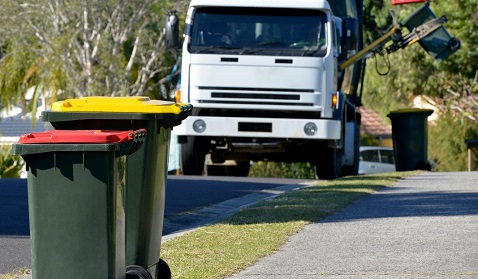Local governments are eager to support efforts to make municipal waste streams cleaner, including bin harmonisation, the Australian Local Government Association (ALGA) said last week.
Appearing at a recycling roundtable convened by The Sydney Morning Herald and The Age newspapers, ALGA President Linda Scott said councils also wanted to invest with industry in modern resource recovery infrastructure and bolster the procurement of recycled materials and products.
“To get all of that to happen faster and more effectively, it is important councils get adequate support,” Cr Scott said.
“Our call in the lead-up to the federal election for funding of $100 million dollars per annum over four years for local government circular economy innovation is a really important piece of the puzzle.”
“The more that industry joins with us in this advocacy the better, because it will mean, for example, that we can implement a national bin harmonisation program faster,” Cr Scott said.
Federal Environment Minister Sussan Ley was also at the roundtable and acknowledged the transition to four bins nationally would present financial and logistical challenges.
“I think councils are receptive to it,” Ms Ley said.
“I see a lot of councils around the country that have a green bin but not a lot that have a food organics/garden organics (FOGO) bin. So harmonising bins is critical, and state and territory environment ministers are committed to the goal of harmonised municipal waste collection.”
Ms Ley also advised roundtable attendees the Recycling Modernisation Fund (RMF) has generated nearly $1 billion in infrastructure co-investment, with some funding still available.
The $190 million invested by the Commonwealth in the RMF had originally been expected to generate $600 million in recycling co-investment from state governments and industry.
“The latest projection is that we will now generate $1 billion with only one state, Queensland, yet to nominate its projects,” Ms Ley said.
“Of the 87 projects approved, 15 are up and running, and 54 of the 87 will generate nearly 280,000 tonnes of on-shore plastic processing capacity.”
“It is an incredible achievement in three short years [and] has demonstrated that governments working with industry are producing results,” she said.
She told the roundtable that the national plastics summit due to be held in Canberra on February 14 had been cancelled because of COVID restrictions at Parliament House.
However, another event focussed on designing reusable, recyclable or compostable plastic products is “coming soon”.



